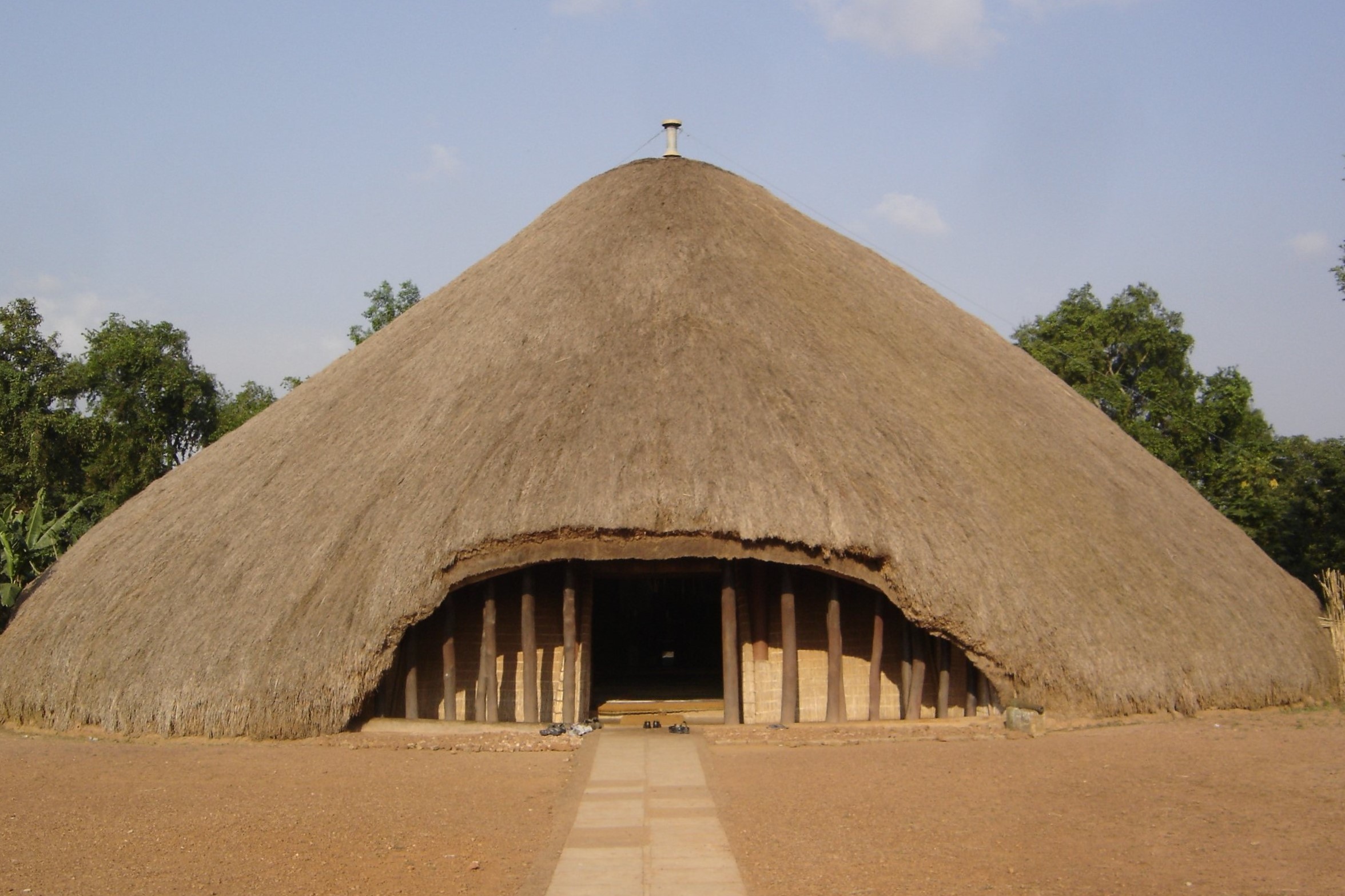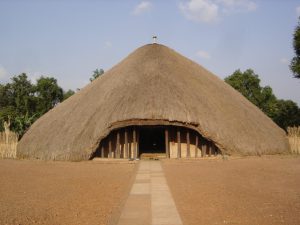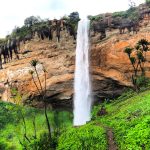Cultural and Comunity Safaris in Uganda – A Journey into Tradition and Unity
Cultural and Comunity Safaris in Uganda; Besides being rich in biodiversity, Uganda is blessed with fascinating cultures in each respective region of the country; A cultural safari to the pearl of Africa will blow your mind as you discover the ultimate hidden stories behind the several beliefs and cultural practices in the country.
The diverse ethnic groups in the country make it one of the top places to visit for a cultural safari. Uganda is home to over 50 tribes, each on its own make Uganda a true wonder for many travelers. The different tribes in Uganda speak different languages however the three distinct linguistic groups are the central Sudanese people, Nilotic, and the Bantu people.
What to Expect on a Cultural and Community Safari in Uganda.
A traveler on a Cultural and Community Safaari/Tour in Uganda should expect quite a number of experiences and encouters and some of these are detailed below.
Diverse Cultures and Ethnicities:
Uganda is a mosaic of over 60 distinct ethnic groups, each with its language, traditions, and customs. A cultural safari in Uganda provides an in-depth look into these diverse communities, offering a chance to interact with locals and witness their unique way of life.
One such community is the Batwa, often known as the “forest people”. Visiting their villages provides a window into their ancient hunter-gatherer lifestyle, complete with traditional dances, storytelling, and a glimpse into their harmonious relationship with the surrounding forests.
Traditional Dances and Music: – Cultural and Community Safaris in Uganda
Music and dance play a central role in Ugandan culture, serving as expressions of joy, sorrow, and celebration. Cultural safaris often include captivating performances of traditional dances, accompanied by rhythmic drumming and vibrant costumes. The Bwindi Impenetrable Forest, a UNESCO World Heritage site, is a particularly enchanting location where visitors can witness the mesmerizing dances of the Batwa people, echoing the rhythms of nature.
Local Crafts and Artisans:
Uganda’s cultural safaris extend beyond performances to include hands-on experiences with local artisans. Visitors can engage in craft workshops, learning traditional skills like basket weaving, bead making, and pottery. The colorful markets of Kampala and Jinja provide an opportunity to purchase handmade souvenirs directly from the artisans, supporting local communities and preserving age-old crafts.
Culinary Adventures: – Cultural and Community Safaris in Uganda
No cultural safari is complete without indulging in the diverse flavors of Ugandan cuisine. Travelers can participate in cooking classes, discovering the secrets behind staple dishes like matooke (steamed green bananas), posho (maize porridge), and luwombo (stew cooked in banana leaves). Sharing meals with local families offers a deeper understanding of the cultural significance of food in Uganda.
Community-based Tourism Initiatives:
Many cultural safaris in Uganda are aligned with community-based tourism initiatives that prioritize sustainability and empowerment. These initiatives aim to ensure that the benefits of tourism are shared directly with local communities, contributing to their economic development. Visitors are encouraged to stay in community-run lodges, fostering a genuine connection with the people and landscapes.
Where to Go for a Cultural andComunity and Cultural Safari in Uganda.
Let us delve into the enriching experiences awaiting travelers on cultural and community safaris in Uganda, highlighting the places to visit and the cultural encounters to cherish.
1. The Buganda Kingdom:
Central to Uganda’s cultural tapestry is the Buganda Kingdom, with its capital in Kampala; Exploring the Buganda Kingdom offers encounters with royal traditions, historical sites like the Kasubi Tombs (a UNESCO World Heritage Site), and vibrant markets like Owino Market. Visitors can attend cultural performances, witness the vibrant Buganda dance, and learn about the kingdom’s rich history and governance structures.
Kasubi Tombs: – Cultural and Comunity Safaris in Uganda.
A cultural safari Uganda just in this amazing Kingdom is one of the must-do activities while in Uganda. The kingdom has several thrilling attractions for you to see and these include. The burial place of the Buganda royal family, Kasubi Tombs. Four of the past Kabakas have been buried here thus a visit will offer you a chance to learn more about the history of these people; While at Kasubi Tombs, the real tombs are hidden bark clothes, and the place behind is known as Kibira or forest inform of curtain have got raised platforms showing the passion of each of the Kabakas and their names.
The Kabaka’s Palace (Twekobe).
The Kabaka’s Palace was established by Kabaka Mwanga II and up to now, the Palace serves as the official residence of all the last 6 Kings of Buganda Kingdom; The word Twekobe means come together in oneness for a cause, therefore the people of Buganda came together to construct a palace for the Kabaka on the Mengo Hill .It is in this Palace that the Buganda agreement was signed in 1900.
The Buganda Parliament (Bulange).
The Bulange was constructed during the colonial regime under the leadership of Kabaka Muteesa II with the purpose of acting as the parliament/Lukiiko of the Buganda Kingdom.
The Royal Mile: -Cultural and Comunity Safaris in Uganda
This is one of the places that will give a glimpse sight experience of the ancient architectural designs. The royal mile is a road that was constructed perfectly in a straight line to connect the Buganda parliament (Bulange) to the Twekobe the Kabaka’s Palace.
Nantaweta Monument.
The monument is located in the center of the Royal Mile and is found on a wide roundabout that runs through the middle in a single; The road is only used by the Kabaka and the gate that is in the center is kept closed so as to limit and restrict it from the commoners.
2. The Batwa Pygmies Encounter:
In the dense forests of southwestern Uganda, the Batwa Pygmies, one of the oldest indigenous groups in Africa, reside. A visit to their community offers a profound understanding of their hunter-gatherer lifestyle, spiritual beliefs, and deep connection to the forest. Travelers can engage in guided forest walks, witness traditional ceremonies, and learn about medicinal plants integral to their culture.
3. The Bakiga Cultural Experience:
Located in southwestern Uganda, the Bakiga Cultural Experience offers a glimpse into the traditional lifestyle of the Bakiga people. Visitors can participate in activities such as banana beer brewing, storytelling sessions around the fire, and learning traditional dances like the Bakiga dance. Engaging with the locals provides insights into their agricultural practices, beliefs, and familial structures.
4. The Karamojong Cultural Experience:
The rugged landscapes of Karamoja, in northeastern Uganda, are home to the Karamojong people, known for their nomadic pastoralist way of life; A cultural safari here involves interacting with Karamojong elders, participating in cattle herding activities, and observing traditional dances such as the Edonga dance. Visitors gain insight into the resilience, traditions, and challenges faced by this unique community.
5. The Kigezi Highlands: – Cultural and Community Safaris in Uganda.
Nestled in southwestern Uganda, the Kigezi Highlands boast breathtaking landscapes, lush terraced hillsides, and serene crater lakes. Beyond the natural beauty, the region is inhabited by the Bakiga people, known for their warm hospitality and unique cultural practices; Travelers can engage in community walks, visit local markets, and participate in farming activities, gaining insight into the symbiotic relationship between culture and landscape. Cultural and Comunity Safaris in Uganda.
6. The Sipi Falls Cultural Encounter:
Sipi Falls, located on the slopes of Mount Elgon in eastern Uganda, is not only renowned for its stunning waterfalls but also for its rich cultural heritage. Visitors can engage with local communities, learn about coffee farming and processing, and participate in traditional dance performances. The Sipi Falls area offers a tranquil setting for cultural immersion amidst breathtaking natural beauty.
Remarks: – Cultural and Community Safaris in Uganda
Embarking on a cultural and community safari in Uganda is an immersive journey that goes beyond the typical wildlife experience. It is an opportunity to engage with the diverse cultures that make up this enchanting nation, fostering a deeper appreciation for its heritage; By participating in these experiences, travelers not only create lasting memories but also contribute to the preservation of Uganda’s rich cultural tapestry for generations to come.









